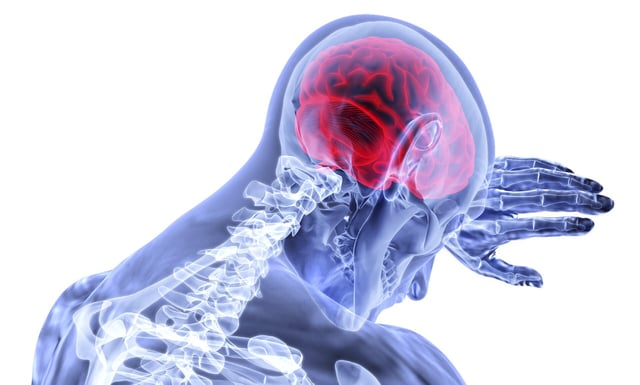Overview
- UCLA researchers mapped the vascular dementia interactome in mouse models and human brain tissue to identify a downregulated CD39/A3AR inflammatory axis driving lesion expansion.
- An A3AR-specific agonist originally developed for psoriasis promoted repair of damaged brain tissue and improved cognitive and motor functions in mice.
- The therapy maintained efficacy even when administered after disease onset, offering a potential solution for late-diagnosed patients.
- Vascular dementia accounts for about 25% of dementia cases and currently lacks any treatment that reverses vascular brain damage.
- The research team is refining dosing strategies and validating biomarkers to support first-in-human trials of the novel therapy.
